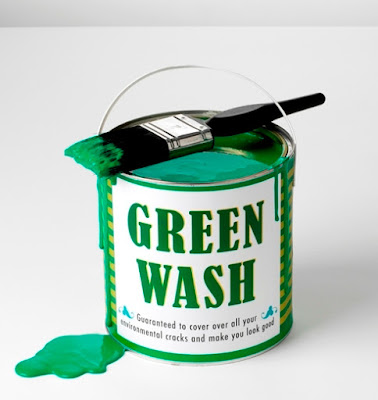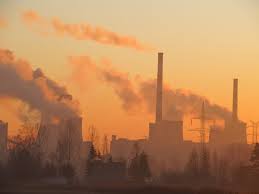GREEN WASH

Green wash is the artificial use of pro-environment messaging to deceptively convey to the public that a product, policy, or service has major environmental benefits. It is routine in corporate culture now and also is a major feature of public policy. Some examples: - This product is made from "recyclable materials" - the user thinks that it is recycled. Almost anything can be technically recycled. But almost all materials are not economical to recycle and, in fact, are never recycled. - Ban on plastics straws - the public thinks that this will reduce plastics pollution in the oceans, a serious problem. But virtually all plastics that end up in he oceans come from China and a handful of less developed countries. Plastics in industrialized countries go to landfills, waste-to-energy plants and even recycling. Ending plastic straws is a gimmick to make the consumer feel good or for the company...





